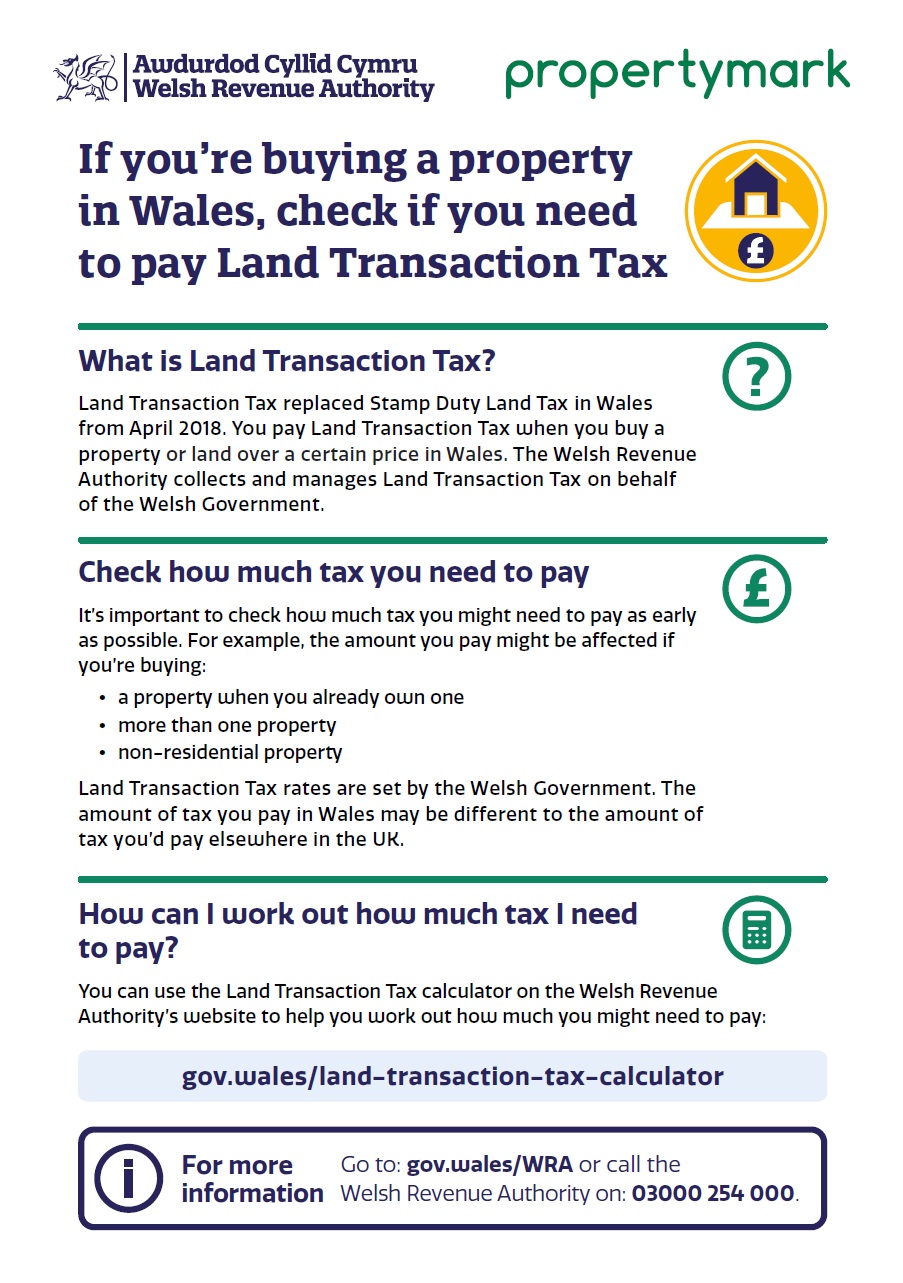Please note that the following information is specific to Wales.
If you’re renting a property in Wales, it’s important to be aware of the Renting Homes (Wales) Act 2016 (the Act), which has brought about significant changes in the way dwellings are rented out. One notable change introduced by this legislation is the implementation of occupation contracts. To better understand this type of tenancy agreement, we invite you to delve into this informative guide.
What is an occupation contract?
Starting from December 1, 2022, individuals renting residential property in Wales, formerly referred to as “tenants” and now known as “contract holders,” will enter into an occupation contract.
An occupation contract is a fresh form of residential leasing agreement that governs the relationship between a residential landlord and contract holder. Similar to previous rental agreements such as assured shorthold tenancies, occupation contracts outline the rights and responsibilities of both landlords and contract holders. If you wish to obtain more details, please refer to the section on Tenant’s and Owner’s Obligations.
Several important aspects of occupation contracts include:
-
Standard Terms: All occupation contracts consist of specific standard terms, including essential details such as the parties’ names and the dwelling’s address.
-
Fundamental Terms: These terms cover crucial aspects of the contract, including procedures for possession and repair obligations.
-
Supplementary Terms: These terms pertain to practical, day-to-day matters within the contract, such as the requirement for contract holders to inform the landlord if the dwelling will be unoccupied for more than four weeks.
-
Additional Terms: These terms address any other specifically agreed-upon matters, such as provisions regarding pets.
-
Explanation of Contract Meaning and Importance: The contract includes terms that explain the significance and interpretation of its contents.
Furthermore, landlords are obliged to provide contract holders with a written statement of the standard terms within 14 days from the “occupation date,” which is the date from which the contract holder is entitled to occupy the dwelling.
Additionally, landlords must furnish contract holders with an Inventory, detailing all fixtures, fittings, and their respective conditions within 14 days from the occupation date. This measure aims to enhance the informativeness of the contract.
What is the purpose and content of a written statement of standard terms?
The written statement of standard terms serves as a crucial document that confirms the essential terms of a contract. Specifically, in the context of landlord-tenant agreements, it is required by law for landlords to provide contract holders with a written statement within 14 days of the occupation date.
This document ensures that both parties are aware of and agree upon the key provisions and conditions outlined in the contract. It helps to establish clarity and transparency, protecting the rights and interests of both the landlord and the tenant.
Failure by the landlord to provide a written statement within the specified timeframe can result in compensation owed to the contract holder. This compensation is calculated as one day’s rent per day that the written statement is delayed, with a maximum limit of 2 months’ rent. In cases where the landlord’s failure to provide the written statement is deemed intentional, contract holders have the option to seek increased compensation by applying to the court.
To assist in meeting these legal requirements, PMW offers occupation contract templates that can be used as written statements under the relevant legislation. These templates encompass the necessary terms and provisions that must be included in occupation contracts, ensuring compliance with the law and providing comprehensive documentation for both landlords and tenants.
When is it appropriate to use an occupation contract?
An occupation contract should be used when certain conditions are met, as outlined by the Act. These conditions include:
-
Payment of rent or other considerations: If there is an agreement to pay rent or provide a service as part of the contract, it can be considered an occupation contract.
-
Involvement of a landlord and at least one individual: The contract must be entered into between a landlord and an individual who is at least 18 years old.
-
Granting the right to occupy as a home: The contract should grant the individual the right to occupy the dwelling as their home.
Exceptions to the above conditions are also mentioned in the Act, which include:
-
Non-compliant tenancies and licenses: Certain tenancies and licenses that do not meet the aforementioned conditions can still be considered occupation contracts if the landlord notifies the contract holder about it. For example, a tenancy where no rent is payable could fall under this exception.
-
Compliant tenancies and licenses without notice: Even if a tenancy or license complies with the conditions mentioned earlier, it may not be considered an occupation contract unless the landlord provides notice to the contract holder explicitly stating that the contract is indeed an occupation contract. This exception may apply to holiday lets and lodger agreements.
-
Irrespective of compliance, never occupation contracts: Certain tenancies and licenses will never be considered occupation contracts, regardless of whether they comply with the aforementioned conditions. Examples of such cases include business lets, agreements involving individuals under 18 years of age, agricultural tenancies, and long-term tenancies exceeding 21 years.
Additionally, the Act includes provisions regarding contracts related to homelessness and supported accommodation.
If you have any further questions, feel free to ask PMW.
Types of Occupation Contracts
Different types of occupation contracts exist depending on the category of the landlord. According to the Act, there are two main types of landlords:
-
Community Landlords: This category includes council and housing associations. Community landlords typically use secure occupation contracts, also known as “secured contracts.”
-
Private Landlords: Any landlord who is not a community landlord falls into this category. Private landlords typically use standard occupation contracts, also referred to as “standard contracts.”
Standard occupation contracts are commonly employed for privately rented accommodations and can be categorized as fixed-term or periodic contracts.
-
Fixed-term standard contracts: These contracts have a predetermined minimum duration, typically lasting for the initial six months of occupation. At the end of the fixed term, the following options are available:
- The contract holder and landlord can mutually agree upon a new fixed term, requiring the signing of a new standard contract.
- The contract holder can continue residing in the dwelling under a periodic standard contract without signing a new contract.
Depending on the specific situation, PMW’s (Prescribed Forms of Occupation Contracts) can be used for various scenarios, including:
- Occupation contract for a house: To rent out a house for a fixed-term basis.
- Occupation contract for a flat: To rent out a flat for a fixed-term basis.
- Occupation contract for a room: To rent a room in a shared dwelling for a fixed-term basis.
If the landlord wishes to terminate a standard contract, they must adhere to the correct eviction procedure. On the other hand, if a contract holder desires to end the standard contract prematurely, they must reach an agreement with the landlord or rely on a break clause. For more detailed information, please refer to the section on “Ending your tenancy early.”
-
Periodic standard contracts: These contracts run from one rental period to another, such as from week to week or month to month. As periodic standard contracts do not require a fixed term, a contract holder can initiate a rental agreement under this category right from the beginning.
For additional guidance and details, it is recommended to consult the Welsh Government’s comprehensive guidelines.
Secure Occupation Contracts
Community landlords offer secure occupation contracts, which can either be fixed-term or periodic agreements, to ensure stability for tenants. These contracts vary in their specific terms and conditions, and here are some of the key types provided by community landlords:
-
Introductory Standard Contracts: These are 12-month standard period contracts designed to allow community landlords to assess the suitability of a contract holder for a secure occupation contract. During the initial 12 months, the introductory standard contract serves as a trial period. Unless the introductory standard contract is extended or terminated, it automatically transitions into a secure contract at the end of the 12-month period.
-
Prohibited Conduct Standard Contracts: These contracts are imposed by the courts for a duration of 12 months when a community landlord seeks to terminate a secure occupation contract due to the contract holder’s anti-social behavior. The 12-month period acts as a probationary phase during which the landlord can monitor the contract holder’s conduct closely. If the landlord remains concerned about the tenant’s behavior, they have the option to extend the prohibited conduct standard contract. However, once the term of the prohibited conduct standard contract expires, it typically reverts back to a secure occupation contract.
What happens to contracts entered into before 1 December 2022?
On 1 December 2022, a significant change took place for all existing Assured Shorthold Tenancies (ASTs) and licenses that complied with the requirements for occupation contracts. These contracts automatically converted into occupation contracts. For instance, fixed-term ASTs were converted into fixed-term standard occupation contracts, while periodic ASTs were converted into periodic standard occupation contracts. The duration of both types of letting documents remained the same. However, the contract holders now enjoy enhanced rights granted by the occupation contract. These converted contracts are referred to as ‘converted contracts.’
In the case of occupation contracts, it is typically required for the landlord to provide a written statement to the contract holders within 14 days of the occupation date. However, there is a different timeline for converted contracts. Landlords are required to provide the written statement for converted contracts by 1 June 2023. This assumes that tenants had already received all the necessary documents under the previous law prior to the conversion.
For detailed guidance on creating a converted contract, you can refer to the Welsh Government’s Guidance.
If you have any questions or concerns regarding this matter, feel free to consult with PMW.




